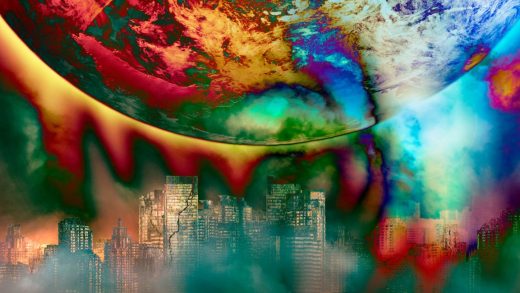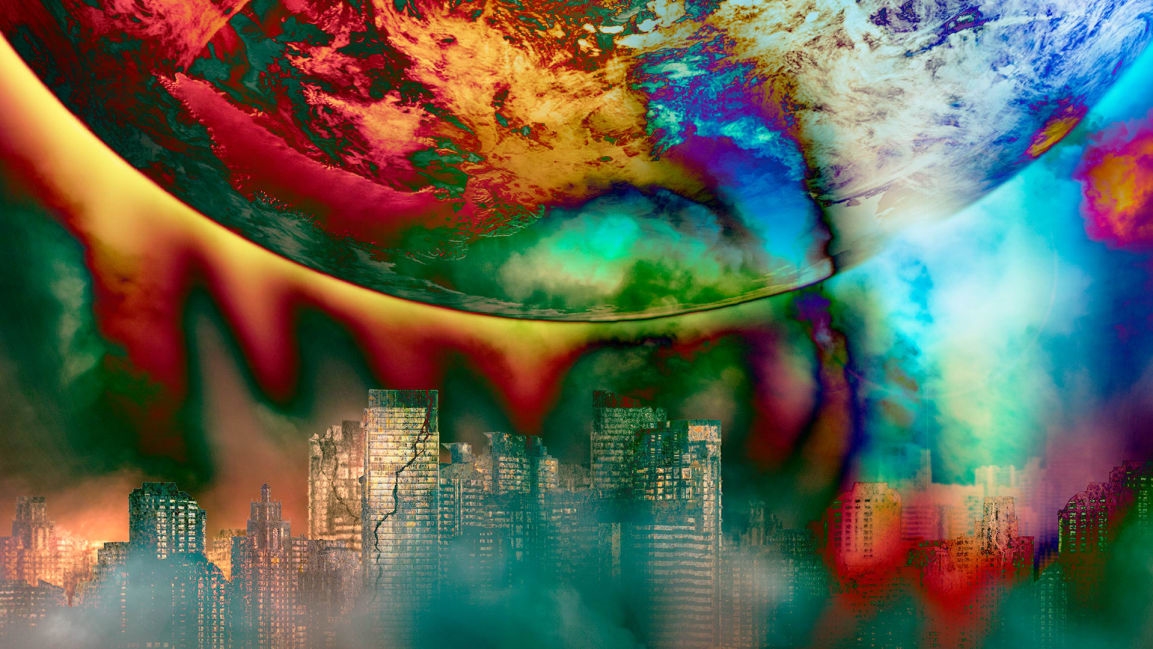Here’s what a nuclear war would do to the planet, according to scientists
Experts insist the odds of the conflict in Ukraine escalating to one that would lead to a nuclear event are remote. But despite that, 69% of Americans surveyed by the American Psychological Association say they “are worried the invasion of Ukraine is going to lead to nuclear war.”
Although the people who watch for signs of heightened activity in Russia say they’ve seen nothing to cause concern, comments from officials, such as United Nations secretary general António Guterres saying “the prospect of nuclear war is now back within the realm of possibility,” continue to stoke those fears.
The focus of many people in that unlikely event is the initial blast, which would cause mass casualties and unimaginable devastation. When the U.S. detonated nuclear weapons over the Japanese cities of Hiroshima and Nagasaki 77 years ago, it leveled the cities and killed more than 100,000 to 200,000 people from the blasts or radiation sickness.
But, according to scientists, the horrors of a nuclear war could affect the whole planet. A number of studies have examined possibilities, with a special focus on the environment, and it’s not encouraging.
As you might expect, the extent of the nuclear exchange plays a tremendous role in the impact. One or two nuclear impacts would not have global effects, according to a 2012 analysis published in The Bulletin of the Atomic Scientists. But the impact of 100 weapons the size of the one that fell on Hiroshima would lower temperatures around the world to below those of the Little Ice Age that occurred from roughly 1300 to 1850. That would result in crop failures and famine on a wide scale.
In a separate study, from 2014, four U.S. atmospheric and environmental scientists modeled the aftereffects of a conflict that also explored the effects of a detonation of 100 warheads—in this case picturing what would happen if the battle took place over the Indian subcontinent. Here’s what they found:
It wouldn’t necessarily take 100 missiles for those theories to be tested, either. The United States’ modern B83 bombs are 80 times more powerful than the weapon that hit Hiroshima. Russia has tested weapons that are even more powerful. That said, experts say that if Russia were to use nukes in Ukraine, it would likely use “tactical” weapons, which are less powerful than the ones the United States used in World War II but could still cause widespread casualties from radiation.
Scientists warn that ripple effects of a nuclear war could be devastating for everyone on Earth. “The combined cooling and enhanced UV would put significant pressures on global food supplies and could trigger a global nuclear famine,” said the authors of the 2014 report. “Knowledge of the impacts of 100 small nuclear weapons should motivate the elimination of more than [13,000] nuclear weapons that exist today.”
(29)



